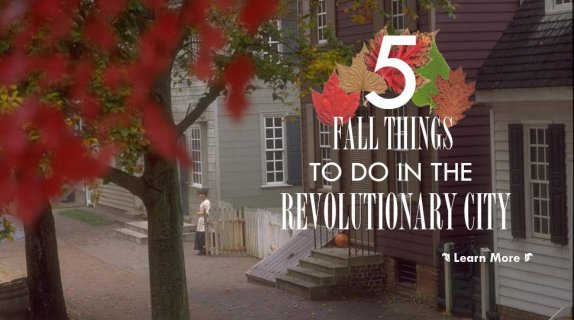
Tsosie's plight is common, and so are her extreme loan terms. Finance regulations have deteriorated over the past three decades, and the small-loan industry thrives during tough economic times. Storefronts cluster in areas where traditional banks are few and the working poor are plentiful. And reservation border towns have become a gold mine: Farmington, with just 46, 000 people, has 55 active small-loan licenses, outnumbering its fast-food joints; Gallup, New Mexico, has 46, about 40 times the national per capita concentration. Residents of Montana's Native counties took out refund anticipation loans – which target those who are eligible for low-income federal tax credits – at a rate three-and-a-half times that of non-Indian counties; in North Dakota, the ratio was 12:1. Nearly 60 percent of Native Americans use alternative financial services, including payday-type loans, compared to 38 percent of whites.
"Payday lending and pawn shops have established themselves as the primary financial services firms for most Native people, " says Sarah Dewees of First Nations Development Institute, a nonprofit in Longmont, Colorado. Millions of dollars in exorbitant interest rates and fees are siphoned from Native Americans' pockets and reservation economic development efforts every year and converted to corporate profits.
It's the latest chapter in the story of the exploitation of Native Americans. There's a surprising plot twist, though: In recent years, some tribes have embraced online payday lending for economic development, just as others have turned to gaming, energy development or other businesses that often victimize tribal members. They've even used their status as sovereign nations to skirt state laws. But as the fight over online lending reaches the courts, some fear that using tribal sovereign immunity to defend the industry could backfire – that the tribes have mortgaged their future for the sake of quick cash.
Interesting facts
Additional information




|
PaydayLoansBBB Mobile Application (PaydayLoansBBB)
|











